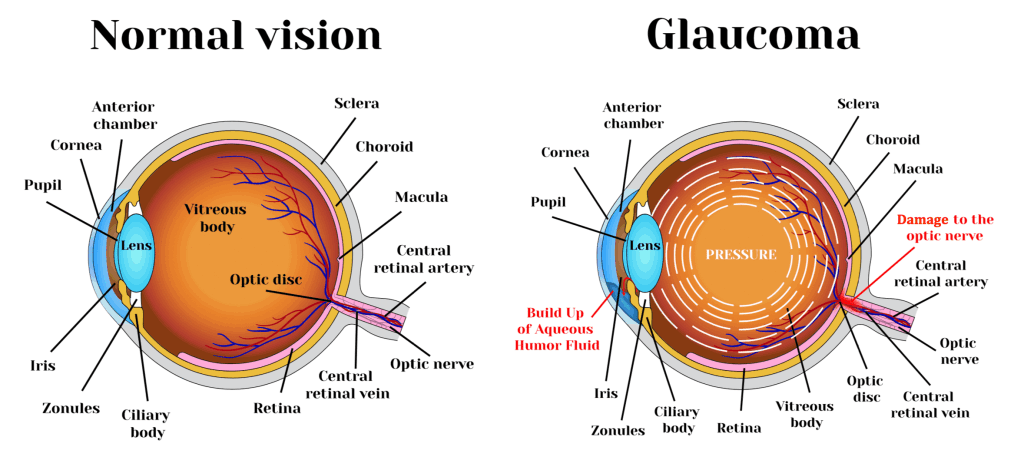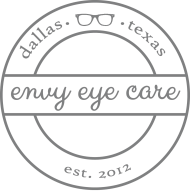Because chronic forms of glaucoma can destroy vision before any signs or symptoms are apparent, be aware of these risk factors:
Elevated Internal Eye Pressure
If your internal eye pressure (intraocular pressure) is higher than normal, you are at increased risk of developing glaucoma -- though not everyone with elevated intraocular pressure develops the disease.
Age
People over age 60 are at increased risk for the disease. Elderly adults over age 80 have three to ten times the risk of developing glaucoma as individuals in their 40s. For African Americans or Hispanic/Latino, however, the increase in risk begins after age 40.
Race/Ethnicity
African Americans or Hispanic/Latino are significantly more likely to get glaucoma than Caucasians and are much more likely to suffer permanent vision loss as a result. People of Asian descent have an increased risk of developing acute angle-closure glaucoma.
Family History
Having a family history of glaucoma increases your risk of developing glaucoma.
Medical Conditions
Some studies indicate that diabetes may increase your risk of developing glaucoma, as do high blood pressure and heart disease.
Eye Injury
Severe trauma to the eye can result in immediate increased eye pressure and future increases in pressure due to internal damage. Injury can also dislocate the lens, closing the drainage angle and increasing pressure.
Other Eye-related Risk Factors
Eye anatomy (namely corneal thickness and optic nerve appearance) indicate risk for development of glaucoma. Conditions such as retinal detachment, eye tumors, and eye inflammations may also induce glaucoma. Some studies suggest that high amounts of nearsightedness may also be a risk factor for the development of glaucoma.
Corticosteroid Use
Using corticosteroids for prolonged periods of time appears to put some people at risk of getting secondary glaucoma.

